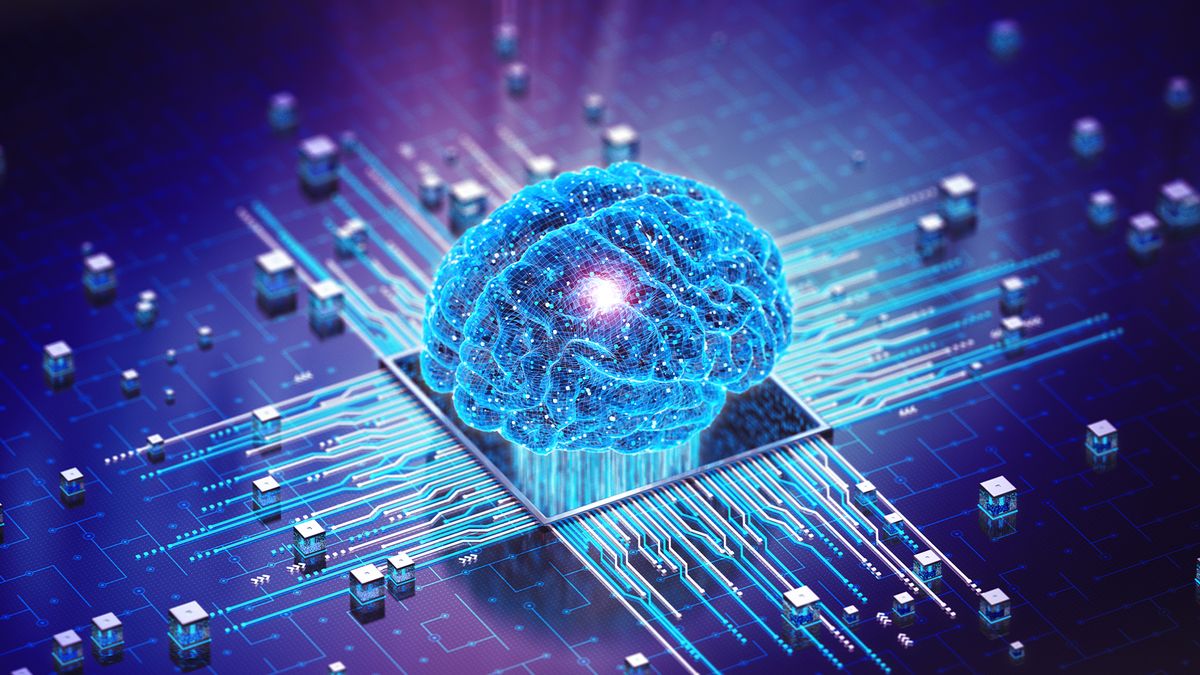The Future of AI: How Generative AI Will Revolutionize Technology
Artificial intelligence (AI) has developed rapidly over the past decade, but nothing has captured the imagination of engineers quite like generative AI. Tools like ChatGPT, DALL-E, and MidJourney are at the forefront, empowering machines to create text, images, and even videos from scratch. This wave of technology isn't just about automation; it's about creativity, increased productivity, and new ways to solve problems.
What is generative AI?
Generative AI refers to systems that can create content based on data patterns. Unlike traditional AI, which can recognize patterns or make decisions, generative AI actively participates in creation. Imagine asking a system to write a script, design a 3D model, or generate code based on a few prompts. This is where generative AI shines.
Technologies like OpenAI's GPT model use neural networks trained on large datasets to mimic human responses and creative outcomes. From generating realistic images to simulating human conversations, the possible applications are endless.
The Rise of Generative AI in Various Industries
1. Creative Arts and Design Artists are now using AI to help them with design, artistic creation, and even music composition. Tools like DALL-E allow artists to create unique visual elements based on text descriptions. Musicians work with AI to create beats and melodies, often resulting in novel soundscapes.
2. Software Development Code generation tools like GitHub Copilot use generative AI to assist developers by automatically suggesting code snippets or writing entire blocks of code. This not only saves time but also reduces errors, allowing developers to focus on the more complex aspects of their projects.
3. AI in healthcare is revolutionizing medical diagnosis and treatment planning. In radiology, for example, AI can analyze medical images and suggest treatment plans. More recently, generative AI has also been used to simulate new drugs by creating new chemical compounds, accelerating the drug discovery process.
4. Content Creation and Marketing Content marketers use AI to create everything from blog posts to video scripts. The ability to automate and personalize content at scale has opened up new opportunities in digital marketing, allowing brands to engage with consumers more creatively and efficiently.
Future Challenges
Generative AI offers endless possibilities but also significant ethical concerns. As AI-generated content becomes more realistic, it may become harder to distinguish between human-created and machine-created works. Deepfakes are already a pressing issue, and copyright issues over AI-generated art are also emerging.
Furthermore, the rise of AI in the creative industries may raise concerns about displacement. As machines take over repetitive tasks, the role of human creativity may change and new skills may be required to work with AI.
Conclusion: future directions
The future of generative AI is promising. It's not just changing how we interact with technology, it's redefining creativity itself. As AI becomes more integrated into our daily lives, the opportunities for innovation will only increase. It's important for technology enthusiasts to stay up to date and understand how to best use these tools in a rapidly changing landscape.


Comments
Post a Comment